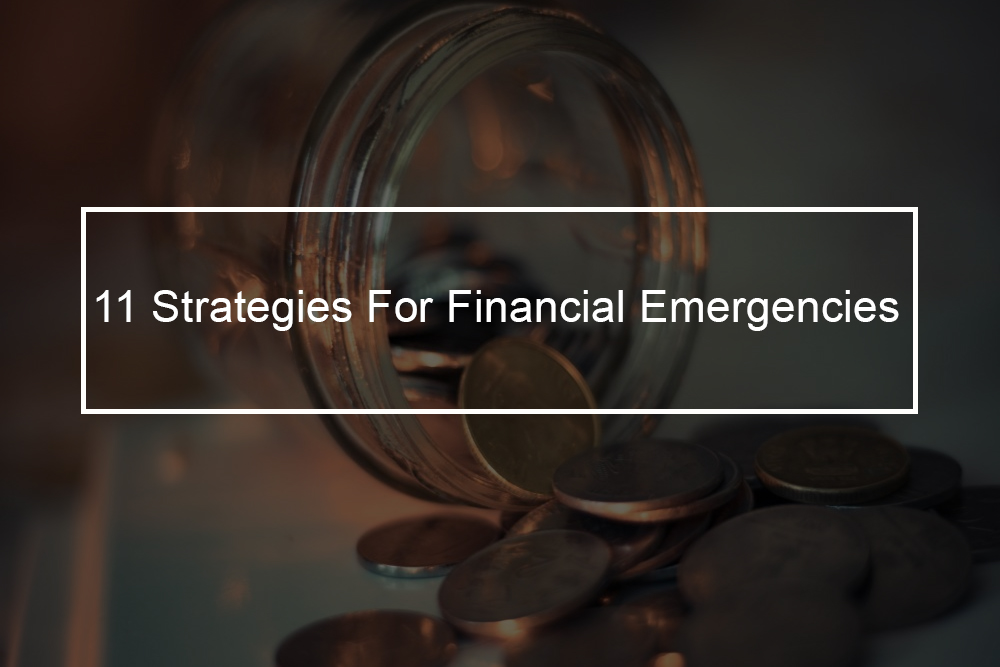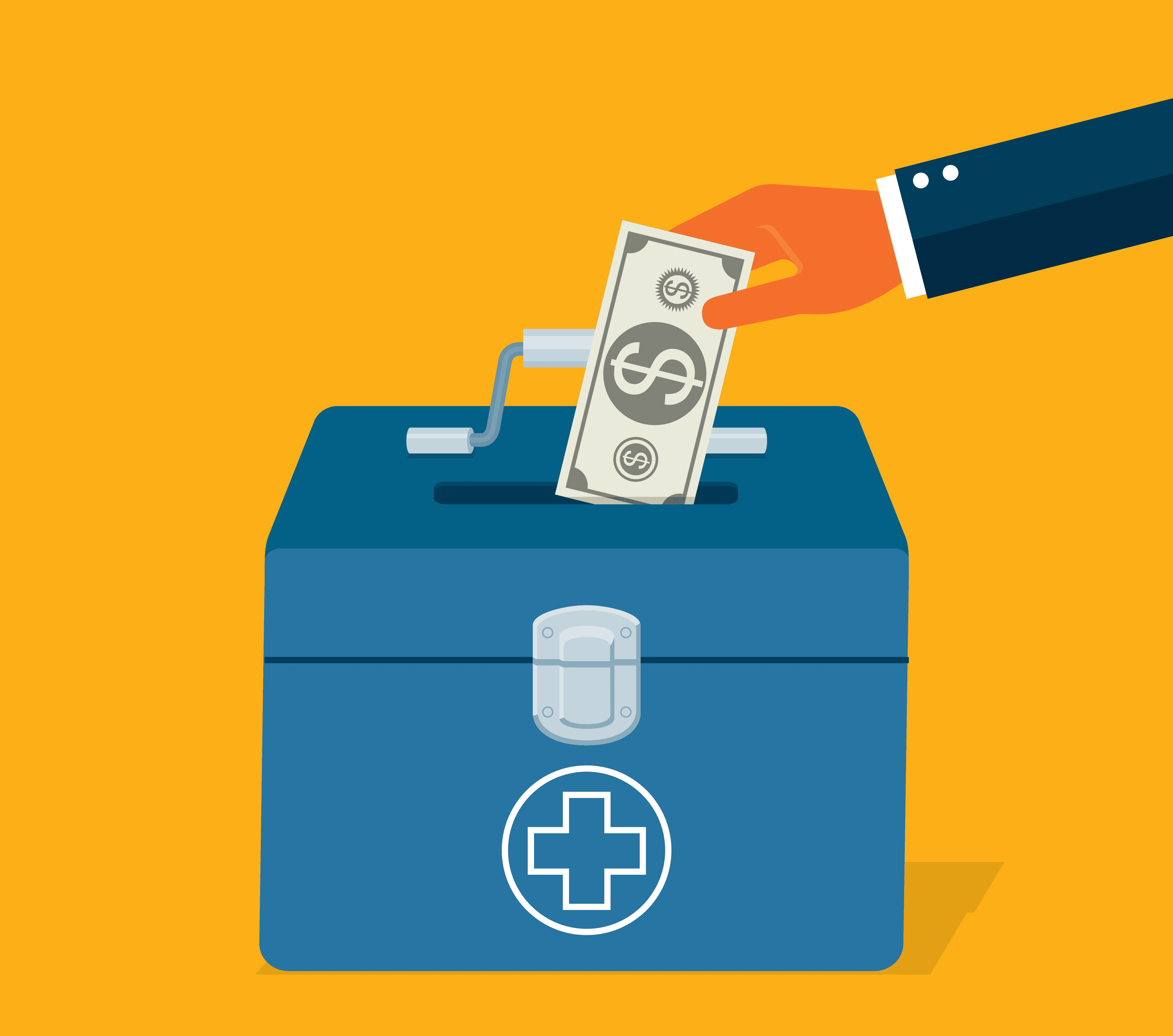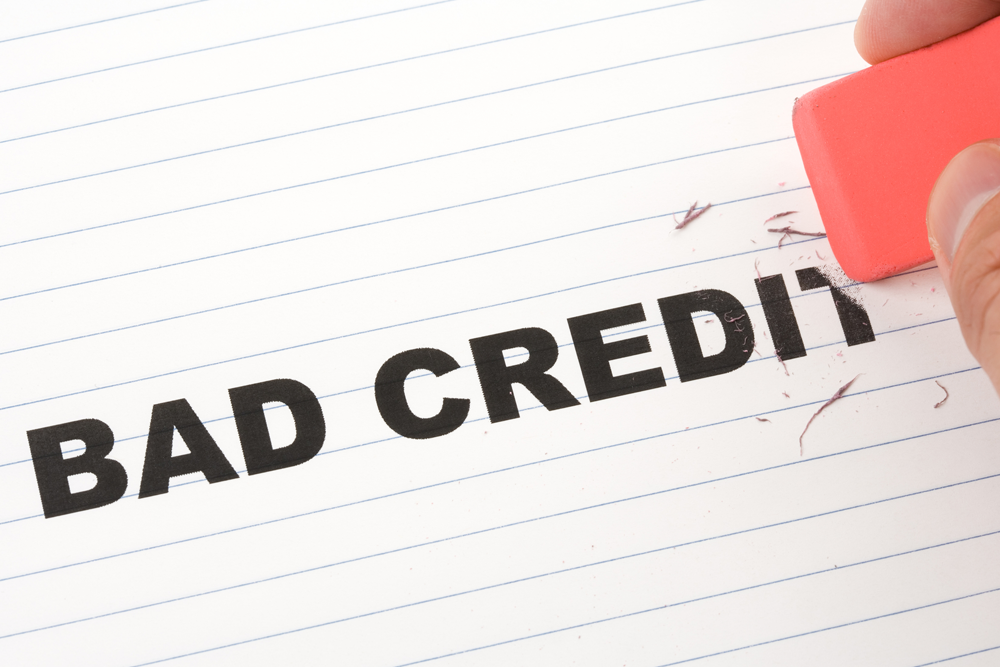At times of family and personal crises such as the death of a spouse or divorce, financial issues are among the last things that you should have to be concerned about. Still, concerns about everyday questions such as how to access online accounts and how to pay the bills often find their way to the top of the list of anxieties. One way to alleviate these issues is to be prepared before such life-changing event strikes. Being aware where accounts and other assets are located and how to access them, preparing yourself to assume the responsibility of financial decisions, and understanding the estate administration timeline and process can help alleviate monetary distress during an inevitable life transition.
Some Strategies To Assist You In Financially Preparing For Unexpected Events
Start with an emergency fund
The first strategy for preparing for the unexpected life event is to have a solid emergency fund in place. Your emergency fund should be comparatively liquid and should cover three to six months of your standard living expenses.
If you are single, or you are a single-income family, you might want to consider establishing an emergency fund of at least a year. Having a year’s worth of funds offers security for you and your family. This is particularly essential if you should lose your occupation and have a hard time getting another job or suffer an unexpected illness where you cannot work for an extended period and will have a gap in your earnings. It is great to know you have the money there while dealing with other issues like illness, jobs, or anything that may impact your income. Remember, you do not want to be thrown off by small unexpected expenses.
Save as much as possible
While it is understandable that most people in the United States struggle to save in a climate where inflation grows faster than real wages, the desire to retain as much of your earnings as possible should be driven by the mindset instead of individual circumstances. This indicates savings as much as possible in any given scenario, even though this only amounts to a few dollars. As a general principle, you should aim to commit at least ten percent of your income to savings; however, if this is not possible, then focus on spending responsibly retaining as much as possible. You will find that savings can accrue surprisingly faster over time, creating an emergency fund for that dreaded rainy day.
Invest in life insurance
This might appear a little morbid; however, it is always essential to prepare financially for your death or loss of a loved one. This is particularly true if you are married since it is essential to protect your partner and protect them from excessive financial costs in the vent of your untimely death. With this in mind, you have to invest in life insurance from a reputable provider. This offers coverage in exchange for a manageable monthly repayment, with the amount that you pay based on the nature and extent of the insurance that you take out. While it might seem like an inconvenience, it can provide genuine peace of mind and might prove vital at some point in the future.
Get adequate insurance coverage in other areas
Additionally, you should make sure you have sufficient health insurance coverage and home or renter’s insurance coverage. While you might be adding bills to your monthly budget, having this coverage will save you in the long run. Most people gamble with not having enough health insurance coverage. They feel they are in good health and do not require coverage and will opt for a low premium, but high deductible policy. But medical bills can add up faster, and accidents happen. All it takes is one severe accident or illness, and you can find yourself deeply in debt. If you are injured to the point you cannot work any longer, it will compound the problem.
Plan for natural disasters
Based on where you live, it might be wise to plan for natural disasters. Disasters include earthquakes, forest fires, hurricanes, and tornadoes. They can come upon you suddenly, and you need to be ready to deal with them. Contemplate which natural disasters are common where you stay and talk to your insurance provider about the coverage you might require. Moreover, a good emergency kit with a five-day supply of water and food is good to have on hand in your office, car or home. The kits do not require to be very elaborate or large; however, they might make a difficult situation much simpler to get through. A crucial element of your emergency kit should incorporate some cash and a listing of your credit cards and other accounts with the contact phone numbers.
Create a backup budget
You might want to develop a fallback budget. The fallback budget leaves out the things you can do without, if necessary, and things you can cut back. This fallback budget will help you be ready if you experience an unplanned financial situation or a period of unemployment. If you make the plan today, it will be easier to put it into place when and if the same comes. At the beginning of a financial crisis, you might not be thinking clearly, and it is useful to have a plan already laid out that you can follow.
React faster and unemotionally to unexpected events
Some life events are unpredictable, but most can also take further unexpected turns over an extended period. For instance, let’s presume that you have an operation to resolve an illness or physical issue. This can be disconcerting enough; however, imagine a scenario where complications ensue, and you need further treatment through no choice of your own. In this situation, medical negligence can be significant, which is why you need to be prepared to pursue a claim against the practitioners in question and seek compensation for any associated loss of earnings or trauma. With this kind of proactive and resilient response to adversity, you can deal with anything that happens to you while protecting your financial savings.
Understand the estate administration procedure
Understanding how the estate administration process operates in advance can help you ease the process when action is needed. As an initial measure, create a list of key advisors and their contact information. The list might include your insurance representative, accountant, attorney, wealth advisor, or family’s banker. Having their contact information readily accessible will enable you to initiate the administration process quickly. Your advisors are also instrumental in assisting you in navigating the probate process, assuming ownership of assets, preparing tax returns, paying taxes, and closing the estate. Their help can be invaluable during times of family and personal crisis.
Share responsibility for financial decisions
One of the best methods to prepare yourself for a life-changing occasion is to share in the financial decision-making process with your partner so that you are already well-informed when justify to make your own decisions. Understanding your living expenses and sources of income is a vital component of financial self-sufficiency. It might be useful to create a budget to assist you with recurring costs and obligations. Moreover, engage with your wealth manager regularly and ask various questions to be fully aware of your family’s financial situation. Assess your wealth plan routinely and ensure it is aligned with your needs as your personal circumstances change.
As divorce rates remain high and women keep on having longer life expectancy than men, there is an increased possibility of a woman assuming control of her family’s finances at some point in her life. With proper preparation, this transition does not have to cause anxiety when it happens.
Eliminate debt
Saving money is always simpler when you do not have a debt to chip away at continually. Paying off debt should be one of the main steps toward creating financial stability. This does not mean you can not save money while paying down debt; however, as a guideline, the debt payments should be larger than the sums going into the savings account. After the debt is paid off, you should use that freed up money and put it toward the emergency fund.
Consider the type of account
Savings accounts are not all the same, and some allow money to generate more interest the longer it sits in the account. Talk to your bank or financial advisor concerning appropriate options for retirement savings accounts, like Roth IRA. As far as money is sitting in an account, it might as well be growing.
These are not only steps for preparing for an emergency, but they will certainly give you a head start. There are always options concerning personal loans when you need help fast; however, if an emergency fund is in place, you might not have to turn to a loan, or at least can apply for a smaller loan that will be simpler to pay back. Besides, being prepared by having a fund in place will reduce stress and assist you to have more confidence in both your spending and budgeting.













